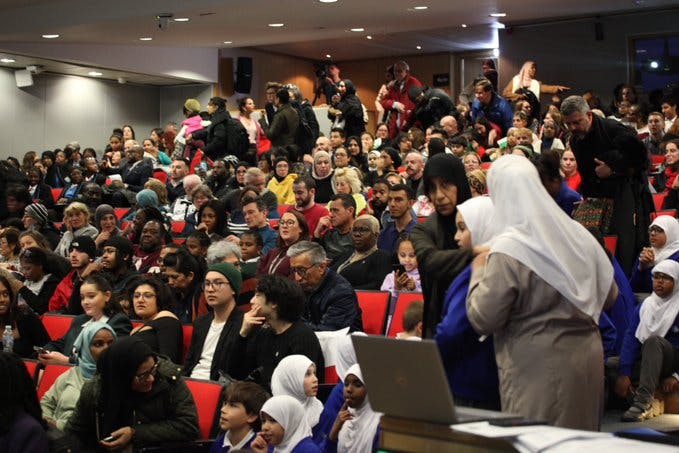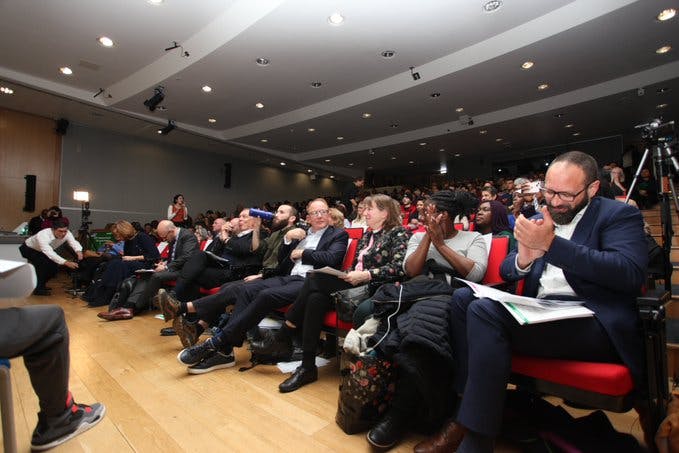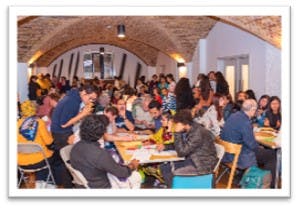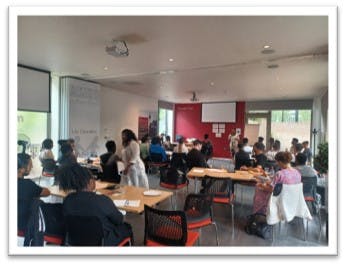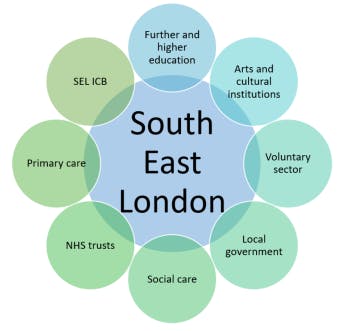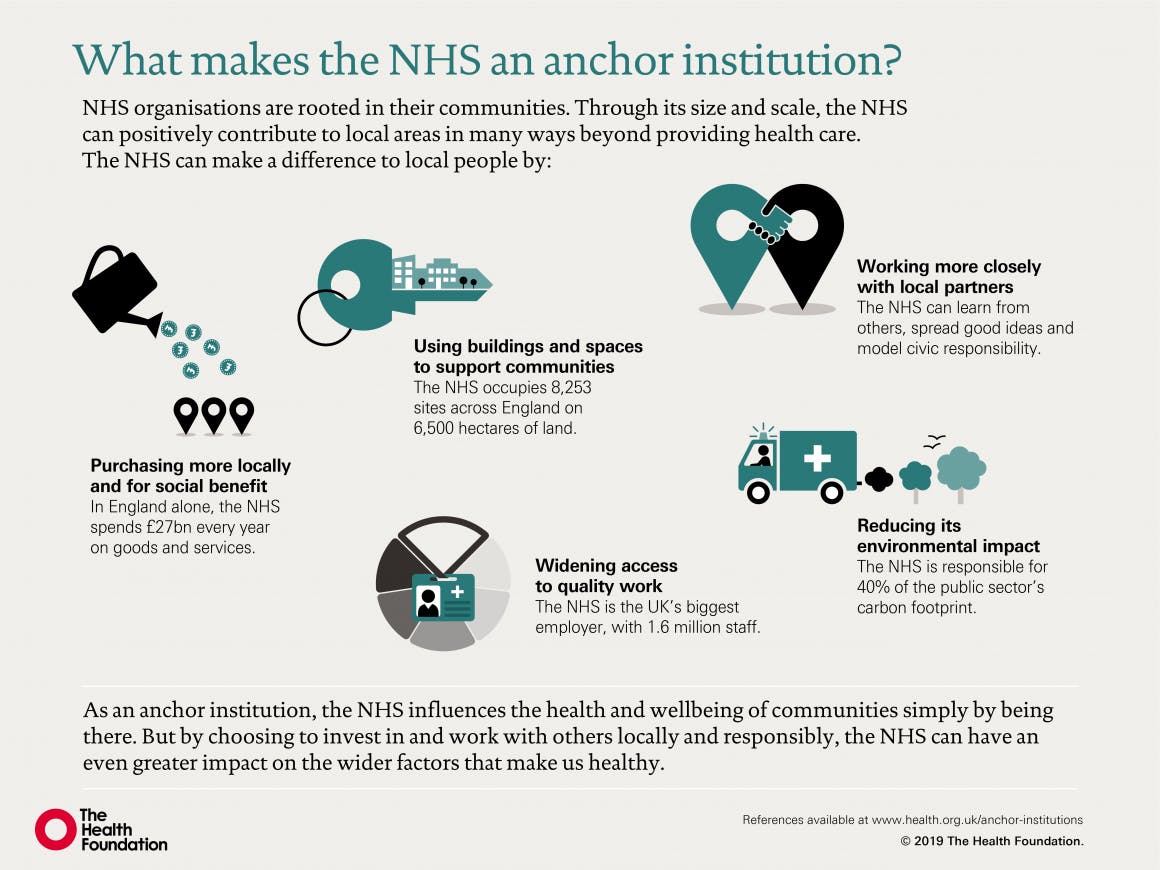Addressing challenges that affect people’s health and wellbeing through listening to and working with local people
The NHS across south east London is working alongside Citizens UK to address the issues putting pressure on people's health and wellbeing that were identified as part of the listening campaign in 2023.
Our health is closely linked to the environment we live in. We know that if you are facing challenges with your housing, employment and income, or access to essential resources, these can all have an impact on your physical and mental health.
Alongside its work to provide essential health and care services, the NHS also works to improve the social and economic conditions people live in, to help prevent illness and improve the lives of people living in south east London.
The NHS works with communities, councils and charities to tackle the root causes of poor health — like housing, low pay and isolation.
| Read regular news and updates through South London Listen website |
Through the South London Listen Programme we are working with our partners on a range of priorities that people raised during the listening exercise.
Work and wages
We secured funding from NHS England in 2024to focus on co-designing solutions to overcome barriers that underrepresented communities are facing in finding good work within Anchor institutions. We partnered with seven voluntary, community and social enterprise sector (VCSE) organisations across south east London to support our efforts to reach underrepresented communities and work with them to identify solutions on reducing barriers to careers in anchor institutions.
- Lewisham Refugee and Migrant Network
- Bexley Deaf Centre
- Bromley DeafPlus
- Lewisham Speaking Up
- Ladies Of Virtue Outreach CIC
- Policy Centre for African Peoples
- Bromley Third Sector Enterprise and Bromley Mencap
The solutions created have been shared with NHS employers across south east London to help them reduce barriers to work for communities that are underrepresented in the health and care workforce and may experience barriers to jobs in health and care.
In the autumn 2024 we came back together in a workshop to discuss progress so far and agree how to work together more closely going forward. You can read more about this project on the South East London VCSE Alliance website.
Fair pay and safe working conditions support better mental health - but low or insecure pay, stress at work, or job loss can harm wellbeing. We’re working across south London to promote good, stable work and to boost wages where they matter most.
See our work and wages priorities and what we are working on the South London Listens website
Housing
In July 2024 we hosted our first health and housing workshop to begin exploring the links between health and housing, and the challenges and opportunities for working more closely to reduce housing-related health inequalities.
We carried out research to understand how health and housing organisations are already working together to reduce health inequalities that arise from housing issues, and we agreed our priorities and set up a Health and Housing Coalition
See our housing priorities and what we are working on the South London Listens website
Our journey of listening to local people
In the summer 2023 we involved you and other people living in south east London representing our diverse communities to understand the pressures on you and your community, to help us create solutions to issues affecting people’s health.
Thank you to everyone who was involved in our listening campaign and supported us to hear from you and your community.
Who we listened to? | ||
|---|---|---|
People in low paid and precarious work | Migrants and refugees, people with English as a second language | Young people |
People with disabilities | LGBTQ+ community | Health and care staff |
Carers and lone parents | Black, Asian and Minority Ethnic communities | People directly experiencing injustice |
“What puts pressure on you and your community’s ability to thrive?”
We connected and listened to over 2,500 people across south east London, working with community groups and organisations to help us hear from a diverse group of people. We came together with NHS and council leaders in a Citizens Community Health Assembly to address the issues we heard during the listening exercise.



